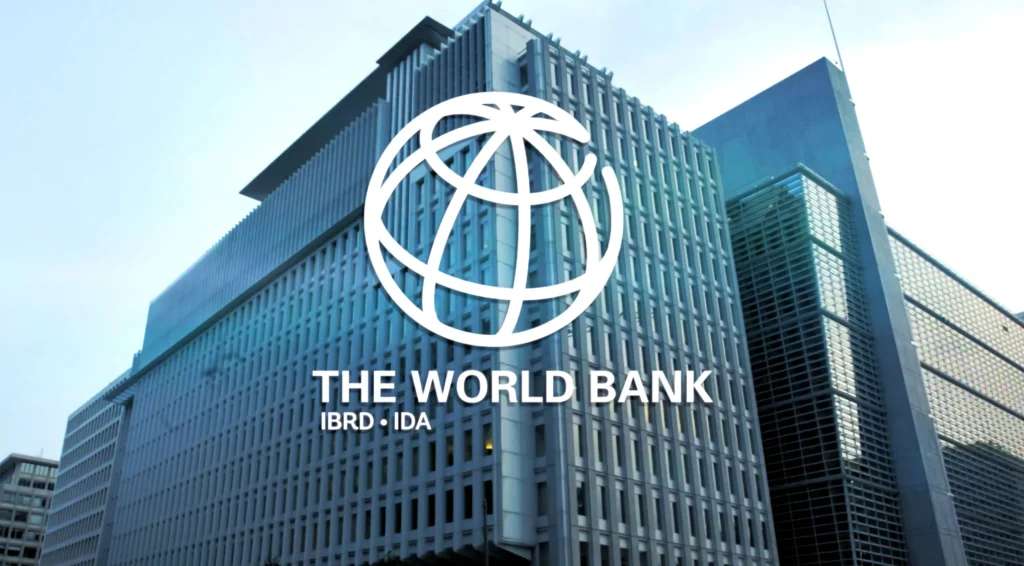World Bank Approves $125 Million Grant for Zambia to Boost Economic Stability
The World Bank has approved a grant of $125 million, reinforcing the country’s commitment to restoring macroeconomic stability, debt sustainability, and promoting private-sector-led inclusive growth.
The announcement comes following the completion of a review by the World Bank Executive Board of Zambia’s Second Macroeconomic Stability, Growth, and Competitiveness Development Policy Financing under the Development Policy Operation 2 (DPO 2) Financing.
The grant, provided on favorable terms, will support Zambia’s ongoing efforts to address economic challenges and implement key reforms.
The Minister of Finance and National Planning, Dr. Situmbeko Musokotwane, expressed gratitude for the World Bank’s support, emphasizing that the facility would play a crucial role in enhancing fiscal and debt sustainability, increasing farmer productivity, ensuring sustainable energy access, and promoting private sector development.
The grant aligns with Zambia’s Eighth National Development Plan (8NDP) and the World Bank’s policy commitments in governance, institutions, and economic transformation.
The DPO 2 grant is part of the multi-sectoral support aimed at unlocking private financing for green investments, increasing resilience to climate shocks, and diversifying Zambia’s energy mix to non-hydro renewables. This financial injection is expected to contribute to job creation, improve livelihoods, and create a more predictable investment climate.
Importantly, the initiative supports Zambia in the process of acquiring deep debt restructuring under the G-20 Common Framework for debt treatment beyond the Debt Service Suspension Initiative (DSSI). Prudent financial stewardship is emphasized to reduce the country’s public debt burden and allocate resources for the benefit of the Zambian people.
President Hakainde Hichilema reiterated the government’s commitment to transformative reforms, emphasizing a development-focused and result-oriented administration.
The DPO 2 is seen as a platform to achieve the objectives of transformational reforms, including boosting private sector investments, reprioritizing investment projects, and withdrawing heavy state intervention from certain economic sectors.
The DPO 2 support is expected to deepen ongoing reform agendas, focusing on public debt management, agriculture productivity improvement, energy access strengthening, and unlocking access to finance.
The Finance Minister stressed the importance of continuous communication and cooperation with various stakeholders, including the business community, civil society, local governments, and development partners, to effectively implement these reforms.
The approval of the World Bank grant, combined with the recent disbursement of $187 million by the International Monetary Fund (IMF), marks a significant step forward for Zambia’s economic recovery and growth aspirations.



